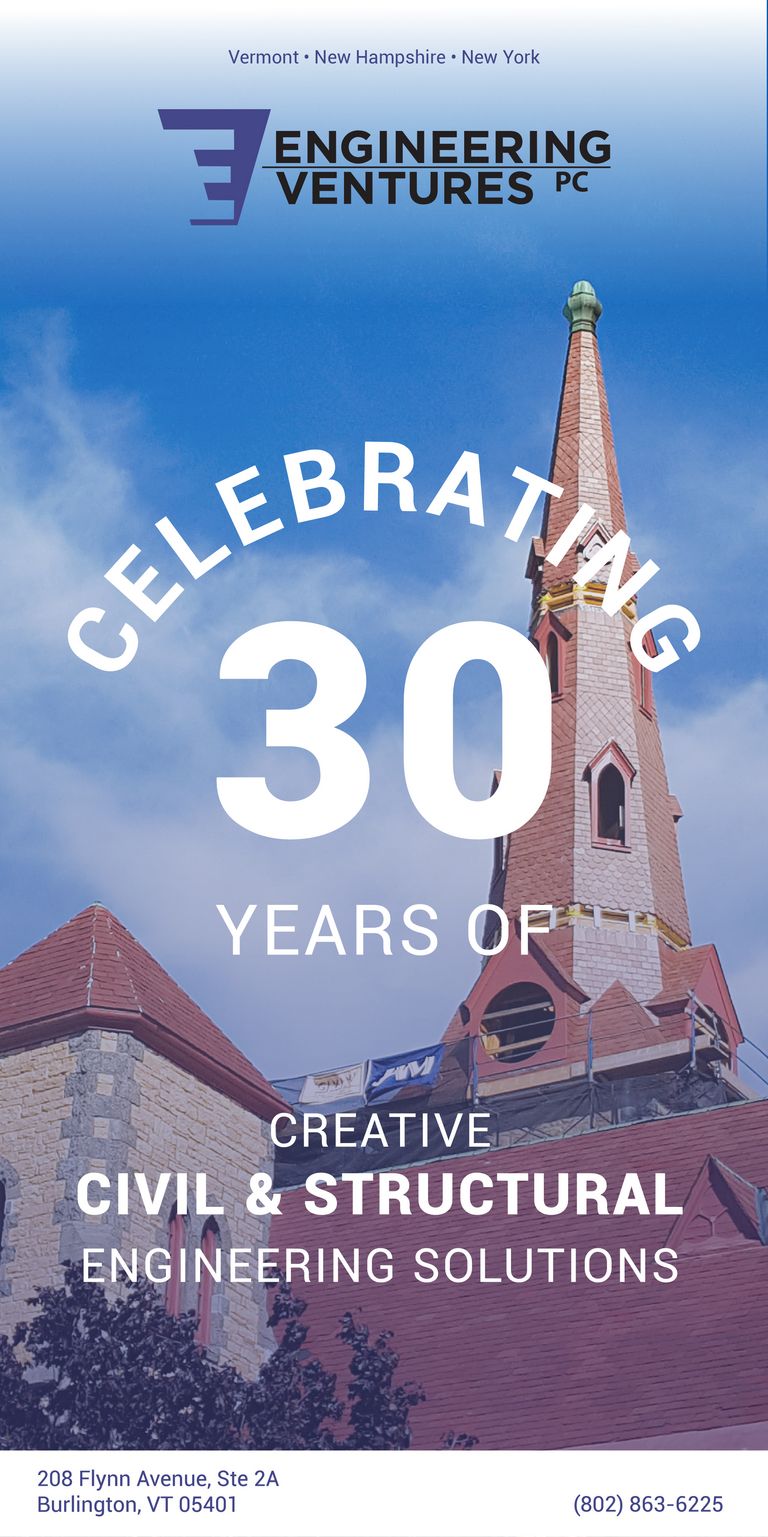What's Happening at the State House
By John Alden, AIA; Public Policy Committee Chair
AIAVT's Public Policy Committee is tracking many bills during this legislative session. Bills of interest to AIAVT for the 2021 Legislative session include rollovers from last year and some new legislation. AIAVT-PPC is gearing up to provide input and testimony on these bills and potentially others. For some bills, we have written Position Briefs. For others, contacting key representatives will be adequate. Anyone interested in more information or getting involved to advocate for a specific bill can reach out to Sarah or a PPC member.
List of Bills the Public Policy Committee (PPC) is tracking
during the 2021-2022 Legislative Session
H.157: Campbell and others- Rewritten from last year, this bill proposes to improve compliance with the Residential Building Energy Standards and give the State a better connection to the contracting companies doing work in the state (currently no real list exists). The base level will require simple registration of contractors. Additional provisions will allow for certification to identify special expertise or training. AIAVT supports this bill and has a good, direct relationship with Representative Campbell. Please find additional info in our position brief.
H.319: Masland- “Good Samaritan” bill. This bill seeks protections for licensed professional performing services in declared states of emergency. This bill is of very high interest to AIAVT as we are concurrently upgrading our involvement in disaster response. AIAVT member Brian Leet has stepped up to be AIAVT’s Disaster Relief coordinator and we have held several high-level meetings with the Dept. of Public Safety/Division of Fire Safety and are working on how to best support their activities in widespread disasters. This bill did not make it through crossover and will have to wait until next year. However, we will continue to work hard to promote this bill.
H. 426 School Construction Aid. There is a reported $17 Mill square feet of K-12 educational space across the state with an estimated $2B in deferred maintenance. AIAVT member David Epstein and others have been working with several State representatives for several years to introduce a bill aimed at reviving the State School Construction Aid funding and develop other mechanisms to focus on much needed school facilities.
As introduced, H.426 funds a statewide facility assessment of every Vermont public school building and instructs the Agency of Education to update school construction standards, the capital outlay formula, and research funding options for reinstating a statewide program. AIAVT strongly supports this bill.
H.94: McCormack, Burke, and many others- Transportation Modernization Act of 2021: Will promote more use of electric vehicles and increase requirements for electric vehicle infrastructure in an effort to reduce transportation sector greenhouse gas emissions. While not strictly an architectural concern, this bill does promote understanding and activities that are very much in line with what architects are seeking to promote in the construction/building sector. We are reviewing this bill now and will likely support it.
H.120: Sheldon, McCullough, Dolan. Act relating to Updates to Act 250. This bill makes changes to ACT 250 to streamline/eliminate redundant reviews in designated growth centers (designated downtowns, etc.) and mitigate climate change by addressing emission of greenhouse gases and design/material used in development. One stated purpose of special note is: “Ensure that allowed uses are of a type, scale, and design that complement rather than compete with uses that exist in designated downtowns, village centers, growth centers, or other regional growth areas. Principle retail should be discouraged or prohibited in highway interchange areas.” There are many other statements in this bill’s purpose statement that will end up driving language in municipal code and planning documents. We should pay attention and make sure that we are happy with the language. More study needed. Participation: definitely.
H.84: Kimball, Marcotte. Act relating to downtown and village center tax credit programs. This bill will expand tax credit opportunities for qualifying projects in a broader number of “designated” categories from Downtowns and Village Centers to now also Neighborhood Development Areas. AIAVT is generally in favor of bills that increase availability of funding/tax credits and will support this bill.
S.14: Sirotkin. Act relating to deed restrictions and municipal by-laws. This bill would eliminate new binding agreements prohibiting the construction of accessory dwelling units or the development of small lots. Probably most significant with respect to municipal by-laws which often do not allow accessory dwellings and thereby restrict a popular form of housing and increasing density. Accessory dwellings are being re-introduced by many regional and local planning bodies as a way to provide variety more affordable options in a very tight and overpriced housing market. With proper supervision/regulation/fire-safety review, AIAVT should support this bill. It has very recently been passed in both the House and Senate.
S.19: Lyons, Balint, Bray and others. Act relating to developing a climate change response plan. It further requires hospitals (with regional planning commission assistance) identify climate change related public health risks. Hospitals will be required to include and address these risks in their long-term planning. It is not clear what direct involvement AIAVT may have on this bill, but there may be opportunities for input and supporting greater community involvement in identifying and responding to a wide range of health and welfare concerns for all populations served by hospitals.
S.34: Sirotkin, Balint, Clarkson and Hooker. Act relating to funding affordable housing. This bill will create one or more housing bonds to provide funding to the Vermont Housing Conservation Board for permanent affordable housing developments and improvements. Previous similar efforts (Housing for All Revenue Bond at $37 Million) provided for 837 homes and leveraged over $200 Million in other resources. This round appears to push for a total of $48 million in bond authorizations. Housing, and especially affordable housing, is both a national and state AIA priority. AIAVT will strongly support this bill.
Additional legislation is being introduced all the time. AIAVT-PPC is now reviewing these hot off the press.
H.306 Would create a study committee to propose an entity that would coordinate state, regional, and local planning. (May be a broader version of S.19.)
H.311 Would direct the Joint Fiscal Office and the Secretary of Administration to conduct an annual economic analysis and forecast over a 50-year time period to assess the long term economic and fiscal impacts and public policy challenges of climate change.
H.347 Would provide that tiny houses shall be subject to the same requirements as other types of single-family dwellings for purposes of building codes, zoning, and taxation and shall be subject to the same requirements as mobile homes for purposes of tiny house parks and the sale and transfer of tiny houses.




